As the global population keeps growing and climate change brings new challenges, farming is changing quickly. New technologies and sustainable practices are making agriculture more efficient, resilient, and environmentally friendly. Here’s a look at What is the Future of Farming might be like.
Smart Farming and Precision Agriculture
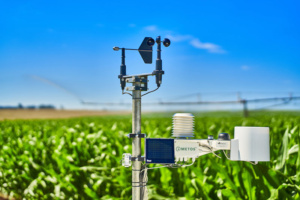
The rise of smart farming is revolutionizing the agricultural landscape. By integrating IoT (Internet of Things) devices, sensors, and data analytics, farmers can monitor their crops and livestock in real time.
Precision agriculture enables targeted actions, such as improving irrigation, applying fertilizers, and controlling pests, which reduces waste and increases yields. With technologies like drones and satellite images, farmers can gain important information about crop health and soil conditions, helping them make informed decisions that boost productivity.
Sustainable Practices and Regenerative Agriculture
Sustainability is a key focus for the future of farming. Practices like regenerative agriculture aim to restore soil health, increase biodiversity, and capture carbon.
Techniques like cover cropping, crop rotation, and reduced tillage help make soil healthier and stronger. This leads to better ecosystems that can bounce back more easily.
As more people want eco-friendly products, farmers who use sustainable methods are likely to have an advantage.
Vertical and Urban Farming
As more people move to cities, vertical and urban farming is becoming a good solution for food production problems.
These farming methods make the most of small spaces by growing crops in stacked layers, usually in controlled conditions. New technologies like hydroponics and aeroponics allow for year-round growing with less water and land. Urban farms can cut down on food travel and provide fresh produce straight to city residents, improving food security in cities.
Biotechnology and Genetic Engineering
Advances in biotechnology, especially CRISPR and gene-editing tools, will be important for the future of farming. These technologies help scientists create crops that can better resist pests, diseases, and climate challenges. By improving traits like drought resistance and nutrition, biotechnology can help meet the rising global need for food while reducing harm to the environment.
Automation and Robotics
Using automation and robotics in farming is making operations more efficient and helping with labor shortages. Autonomous tractors, robotic harvesters, and drones are now common on farms, taking on various tasks. This technology helps farmers with tasks from planting to harvesting more accurately. It makes their work easier and more efficient, so they can spend more time on important decisions and management. It shows What is the Future of Farming.
Blockchain for Transparency
As people care more about where their food comes from, blockchain technology is helping to make the agricultural supply chain more transparent. It creates a secure and traceable record of food from the farm to the table, which helps keep food safe and builds trust with consumers. This technology lets farmers prove their practices, so shoppers can make informed choices about what they buy.
Climate-Resilient Agriculture
The impacts of climate change are prompting farmers to adopt climate-resilient practices.
This means choosing crop types that can survive extreme weather, using water-saving methods, and adopting agroforestry practices that improve biodiversity and soil health. By using these strategies, farmers can reduce the risks of climate change and ensure sustainable farming for the future.
Conclusion
The future of farming looks promising and bright, thanks to new technology and a stronger focus on sustainability.
As agriculture faces today’s challenges, new ideas in smart farming, biotechnology, and sustainable methods will be key to feeding a growing global population and protecting our planet.
By accepting these changes, farmers can improve their productivity and strength while helping to create a fairer and more sustainable food system for everyone. Looking forward, agriculture will keep changing to meet the needs and values of our evolving world.
More from our blog
See all postsRecent Posts
- Tips To Avoid Failure In Agriculture January 9, 2025
- What is the new Technology in Agriculture October 6, 2024
- Most expensive Crop in India October 6, 2024

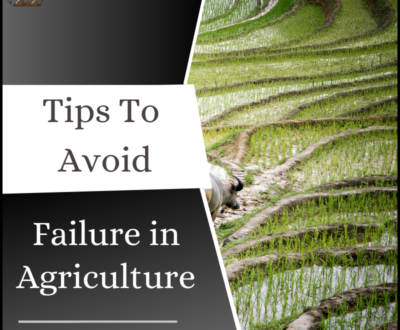
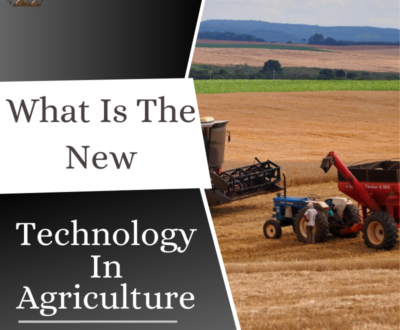
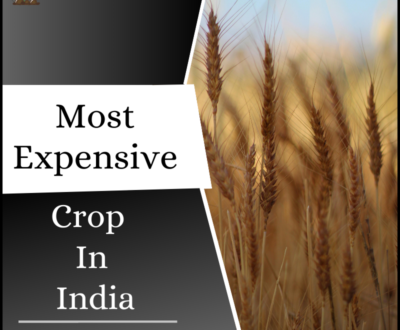
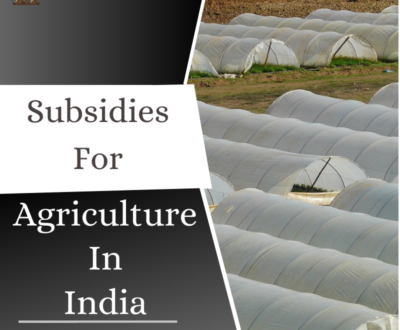
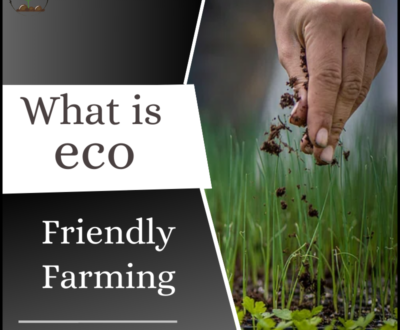
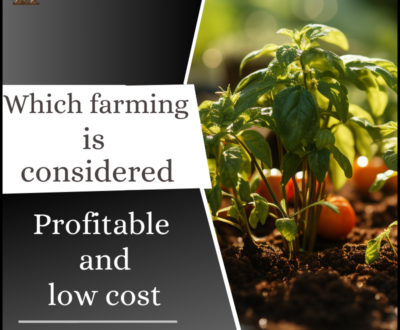
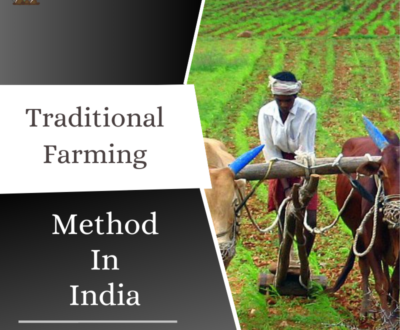
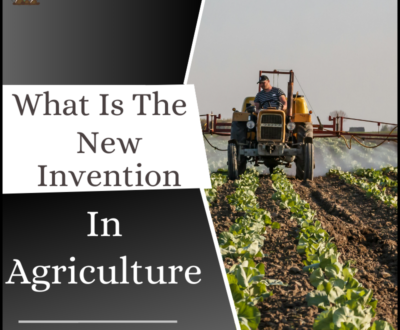
Pingback: What Eco friendly Farming in India - KIKRISHI